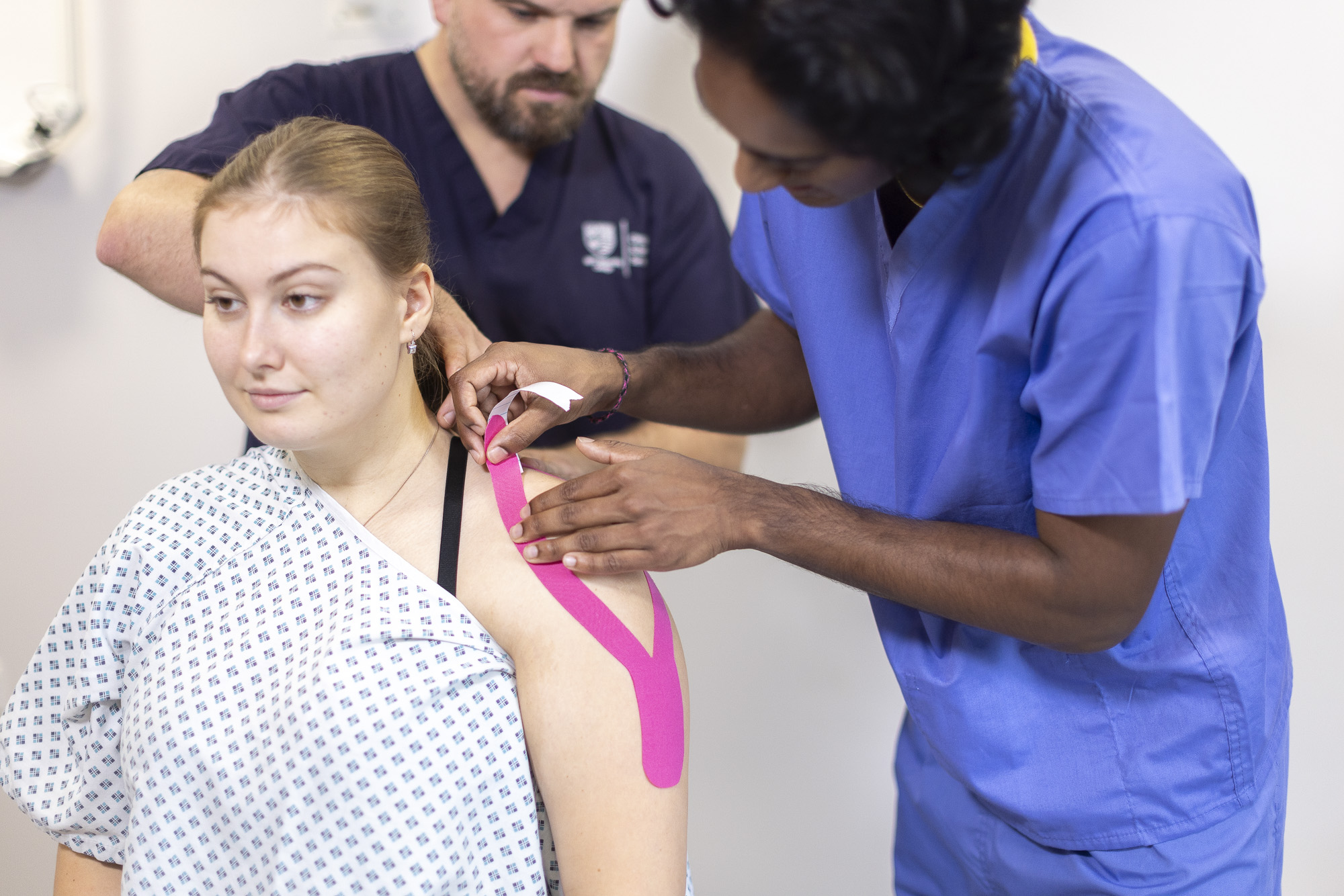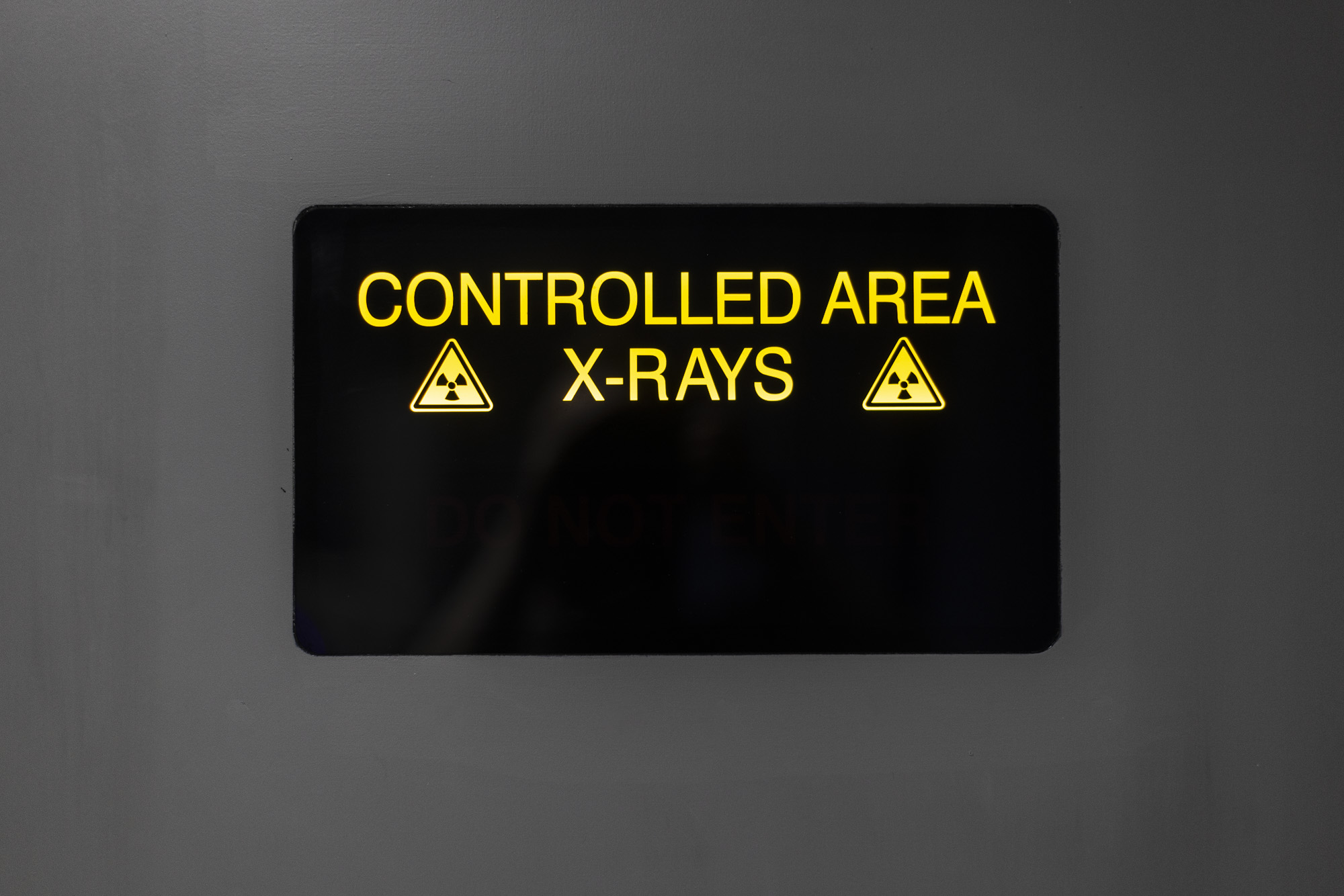Overview
This unit builds on the knowledge and skills from Consultation and Clinical Assessment for Advancing Practice, progressing towards competence in relation to the critical clinical reasoning, diagnosis and management of patients, following comprehensive clinical assessment.
This unit enables you to build on your existing clinical assessment and decision-making skills, facilitating further development of a range of assessment methods for managing complex health conditions, across a diverse range of patient presentations. This unit explores personalised approaches to care and co-production that value partnership working, shared decision making, assessing and managing risk factors and their impact on health and well-being, all underpinned by a sound, contemporaneous, appropriate evidence-base.
You undertake some core contents’ learning but may also have some flexibility in relation to the focus of the unit, mapping to your own specific learning needs, dependent on your professional and/or area-specific skillset and scope of practice. This may be discussed with your workplace supervisors and University College tutor, to ensure it is appropriate to your development within your practice setting.
You will use the new and expanded knowledge, skills and behaviours to progress towards an advanced level of competence and capability. This relates particularly to clinical reasoning, diagnosis and planning and managing day-to-day, straightforward, planned, as well as potentially complex and unpredictable episodes of care, which may include admission, ongoing management and reviews, referral/s, discharge and follow-ups.
The unit facilitates advancement of your critical thinking, independent decision-making and problem-solving skills and clinical judgement, to interpret findings, formulate and act on potential diagnoses across a diverse range of patient presentations. You will advance your assessment of individuals for risk factors and their impact on health and well-being, encourage individuals to manage their own health and make informed choices, supporting individuals with behaviour change, preventative and rehabilitative measures; this is all underpinned by a sound evidence-base.
You will work towards practicing with a high level of autonomy (HEE, 2017) critically reflecting and developing self-awareness of working within the boundaries and your scope of practice at a more advanced level of clinical practice.
You will explore and develop strategies for drawing on multi-agency and interprofessional resources and effectively working collaboratively with multi-disciplinary teams, in order to deliver high quality, personalised, safe care and treatment for patients.
You build on your current advancing clinical practice, from undertaking the Consultation and clinical assessment for advancing practice or another equivalent unit, with application into your everyday practice of the new and enhanced knowledge and skills from the unit learning combined with your work-based clinical skill development.
Course Details
The teaching and learning strategies for this unit provide a blended learning approach that encourages you to develop as an independent, autonomous learner and to contextualise your knowledge and skills within the clinical setting. A mix of traditional synchronous (in real time) and asynchronous (with a time delay) methods will be employed.
Synchronous content may vary, but may consist of seminars, practical classes and workshops, small group learning activities, role-play activities, peer-led discussions, and question and answer sessions.
Asynchronous contents may include the delivery of cognitive knowledge base through online lectures, online quizzes, other online activities to help you analyse and evaluate information. Significant learning is likely to be through application of knowledge and skills into the clinical practice setting, utilizing a work-based learning approach.
Workplace supervisors and other professional colleagues can provide a safe learning environment within which you can enhance your patient assessment and management knowledge, skills and behaviours, working towards meeting core capabilities and area-specific competences expected within the context of your individual practitioner or student/trainee ACP role.
In this unit you will deepen and broaden your knowledge and application of range of pathophysiological, epidemiological and other human life science elements related to managing patient presentations, interpreting findings and considering differential diagnoses for patients presenting with often complex, unpredictable, emergency, acute or chronic conditions.
You will explore personalised care approaches, patient and carer/family advocacy and empowerment, leading on partnership working and collaborative practice within multi-disciplinary team for patient consultations, assessments and management of care and treatment.
The unit focuses on clinical reasoning, diagnostic decision-making for differentiated, undiagnosed, complex, unpredictable events; ordering, undertaking and interpretation of investigations; managing a diverse range of conditions, interventions and prevention – prognostic factors.
Included in this will be the management of risk factors; promotion of health and well-being and lifestyle behaviour changes, empowering to promote self-management; exercising professional judgement and problem solving at an advanced level of practice; Practice and Professional Development- critical appraisal skills for evidence-based practice; problem-solving, critical thinking and reflective practice, analysis and evaluation; selfawareness as autonomous, independent, advanced level practitioner, promotion of safe practice within scope of practice; legal and ethical elements emotional intelligence, motivational interviewing.
Standalone unit 20 credits Level 7.
As a unique Health Sciences University, HSO has developed or portfolio of enhanced and advanced practice provision over the past few years, led by Associate Professor, Dr Hilary Walsgrove. Hilary and team deliver this unit as part of our ACP course provision and allow a small number of places to be taken on a standalone unit basis.
Unit Breakdown
What qualifications do I need? 
What qualifications do I need?
This unit is suitable for registered healthcare professionals who are working clinically in an environment where they can be supported to develop advanced practice skills. This unit builds on the knowledge and skills from Consultation and Clinical Assessment for Advancing Practice unit which should be completed before attempting this unit.
Still have questions about applying?

Why choose Health Sciences University
There are many benefits to studying at Health Sciences University, from our expertise and history in teaching health sciences, to our state-of-the-art facilities, on-site clinical training, and of course our location on the beautiful Bournemouth coast.







